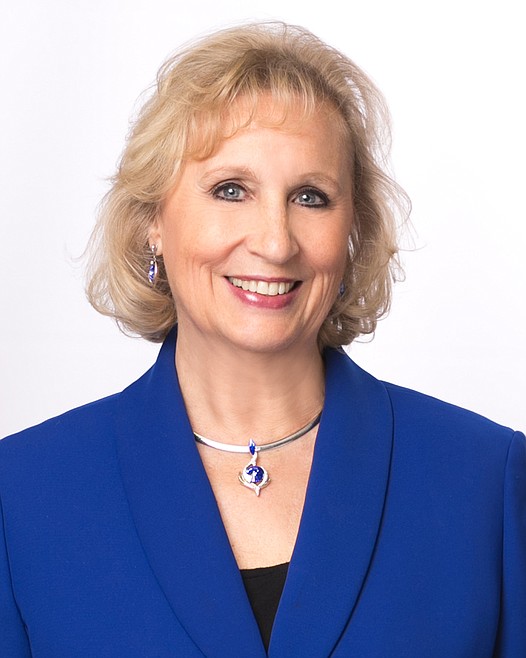ADVERTISING: Advertorial — Decoding food labels: Part II
In part I of Decoding Food Labels, I discussed reading label claims of “natural,” organic,” sugar, low calorie, and “enriched” foods. We had so much fun! Now in Part II, I will talk about other label tricks to beware of.
Serving size is something often ignored. Many manufacturers and marketers use smaller serving sizes to distract from the fact that most people ignore it and it looks like there is less of certain things like sugar in it. For instance, it may say a serving size of a 12 ounce can of soda is 6 ounces. People normally don’t drink just 1/2 the can, but when they compare labels, they’ll choose that one because they think there is less sugar. Also, less sugar often means they’ve used a synthetic sugar which is a whole problem of itself. Or they might take a small lunch-box size of chips and say a serving size is 1/2 a bag, or in cookies 1/4 of a cookie!
One of my pet peeves is fats and especially trans fats. In the U.S. the FDA allows products to be labeled “0 grams trans-fat,” “no trans-fats” or “trans-fat free” if the product contains less than .5 grams of trans-fat per serving. This again, is where you have to really watch serving sizes. These artificial trans-fats, aka partially hydrogenated fats, can be damaging to your health. They increase bad cholesterol, promote inflammation, increase insulin resistance, and can contribute to brain diseases, infertility and certain cancers. Avoid them!
“Gluten Free” means the food doesn’t contain gluten products, but many foods are on the line. Oats for instance is on some people’s gluten free list, and others not. “Certified Gluten Free” has a more stringent requirement and is the best if you have Celiac disease or a more serious gluten intolerance, rather than merely choosing to go Gluten Free. Also, beware that just because something is “Gluten Free,” doesn't mean it is healthy. They often contain lots of sugars and bad fats to counteract the dry, tasteless reputation that gluten-free once had.
Fats to me are a big deal. Because they are in “everything,” we have to be doubly careful. Remember, that food labeling is only what is in that product, and does not factor in accumulation of other fats or chemicals or anything else combined in a meal, or over time. Stick with good clean fats such as an animal fat, olive or coconut oils.
Accumulation isn’t accounted for when the FDA determines safety in foods. It would be difficult to factor that in, so it is the responsibility of the consumer to figure it out. Really! The best you can do is to keep a good variety in your diet. The fastest way to fall prey to accumulation issues and food sensitivities is to eat the same things over and over again. Learn to bring more variety in your diet, and lean toward whole foods. They are simpler, and don’t have the same labeling cautions that processed foods have.
In closing, stick with fresh produce and meats and avoid packaged, processed foods to avoid the tricks played in the labels!
Want to hear more from Holly Carling? Check out our podcast. Search for VitalHealth4You on your favorite podcast listening app or go to vitalhealthcda.com/podcasts/.
• • •
Holly Carling is a Doctor of Oriental Medicine, Licensed Acupuncturist, Doctor of Naturopathy, Clinical Nutritionist and Master Herbologist with over four decades of experience. Carling is a “Health Detective.” She looks beyond your symptom picture and investigates WHY you are experiencing your symptoms in the first place.
Carling is currently accepting new patients and offers natural health care services and whole food nutritional supplements in her Coeur d’Alene clinic. Visit Carling’s website at www.vitalhealthcda.com to learn more about Carling, view a list of upcoming health classes and read other informative articles.
Carling can be reached at 208-765-1994 and would be happy to answer any questions regarding this topic.

